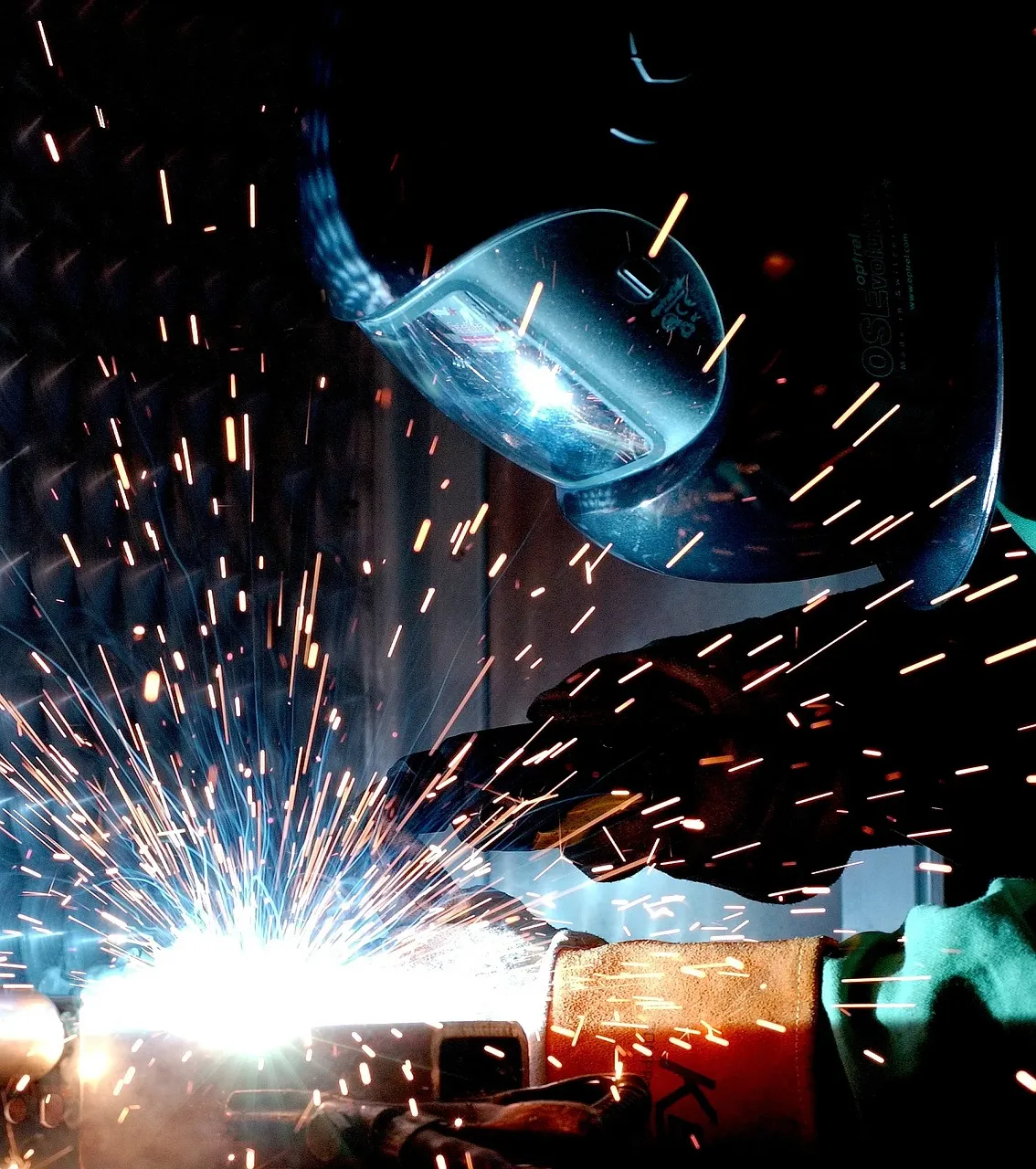Table of Contents
In a logistics ecosystem driven by speed, safety, and scalability, infrastructure matters. From warehouses and loading docks to fulfillment centers and cross-dock terminals, the reliability of every component affects the bottom line. And at the heart of that infrastructure is metal — shaped, cut, welded, and powder-coated to precision by a metal fabrication manufacturer.
Behind the movement of goods lies a quiet but vital industry: the manufacturers of industrial metal components. In this article, we explore how the right fabrication partner can improve logistics efficiency, extend infrastructure lifespan, and eliminate costly failures in the supply chain.
The Role of Metal Fabrication in Modern Logistics
While logistics is increasingly digitalized with automation, AI, and real-time tracking, it is still grounded in physical infrastructure. Metal fabrication supports nearly every corner of that foundation, including:
- Safety barriers and protective bollards in warehouses
- Steel racking and support frames for high-density storage
- Loading bay structures, gates, ramps, and bumpers
- Vehicle guidance systems, such as wheel guides and dock protectors
- Custom fixtures for conveyor systems and packaging lines
Each of these components must meet exacting technical requirements. In logistics, every misalignment, weak weld, or corrosion point can result in downtime, damaged goods, or worse — injury.
Why Fabrication Precision Matters
Logistics infrastructure faces intensive wear and environmental exposure. Forklifts crash into dock barriers, rain corrodes fixtures, and high loads test every joint. This makes precision and durability paramount.
A trusted metal fabrication manufacturer ensures:
- Accurate geometry that aligns with floor plans and vehicle pathways
- Load-tested strength to withstand repetitive impacts and vibration
- Protected surfaces, using hot-dip galvanization or powder coating
- Anchoring solutions that prevent movement or detachment under stress
- Consistent dimensions, especially when manufacturing at scale
In logistics, it’s not just about “metalwork.” It’s about engineering for endurance and function under constant pressure.
Tailored Solutions vs. Off-the-Shelf: Why Custom Wins
Many logistics firms try to standardize their infrastructure using off-the-shelf barriers or racking. But this approach ignores the unique layout, traffic patterns, and workflows of each facility.
A manufacturer that offers tailor-made components based on site-specific plans delivers better results. Customization ensures:
- Optimized vehicle flow, reducing collision points
- Enhanced safety with barriers placed exactly where needed
- Maximum use of floor space without interfering with operations
- Compliance with local and international health and safety standards
Customization also future-proofs the investment, as components can be adapted or scaled as the facility grows.
Also Read: Top 10 Tips for Choosing Fishing Reels for Different Types of Fishing
Certifications and Quality Standards: A Non-Negotiable
Reputable fabrication partners operate under internationally recognized quality systems such as:
- ISO 9001 – for quality management
- ISO 1090 – mandatory for structural steel elements in Europe
- ISO 3834 – for the quality of welded components
These certifications aren’t just paper badges — they ensure traceability, compliance, and consistency across every order. In the context of logistics, where failure costs can escalate rapidly, these standards are a must.
The Hidden Cost of Inferior Fabrication
Choosing the cheapest supplier might seem like a smart move — until the first cracks appear. Common pitfalls of low-quality fabrication include:
- Early corrosion due to poor surface preparation
- Inaccurate hole patterns, making installation frustrating or impossible
- Weak welds, leading to breaks under routine stress
- Low repeatability, with parts that don’t match between batches
These issues create a ripple effect: delays, increased maintenance, safety incidents, and eventual replacement. In contrast, a qualified partner delivers ROI through reliability.
Why European Manufacturing Is Gaining Global Appeal
In the past, companies outsourced fabrication to low-cost markets. Today, however, the landscape has shifted. More buyers are returning to European-based metal fabricators due to:
- Shorter lead times
- Predictable quality
- Lower transport risk
- Environmental responsibility
- Strong communication and documentation standards
This shift is particularly evident in logistics, where supply chain disruptions can cost thousands — even millions — per day.
Choosing the Right Partner
When looking for a metal fabrication manufacturer, ask the following:
- Do they understand logistics-specific needs?
- Can they produce custom elements from technical drawings?
- Are they equipped with CNC, robotic welding, and coating lines?
- Do they offer site delivery and packaging suitable for warehouse environments?
- Can they scale production without sacrificing quality?
The answers to these questions will help logistics professionals make confident, strategic decisions about their infrastructure investments.
Final Thoughts: Fabrication as a Strategic Asset
It’s easy to overlook the role of metal fabrication in logistics — until it becomes the weak link in the chain. In reality, the right fabrication partner enhances safety, increases operational efficiency, and supports long-term growth.
If you’re managing a logistics facility, upgrading infrastructure, or designing new flow systems, invest in a metal fabrication manufacturer that understands the demands of your industry.


